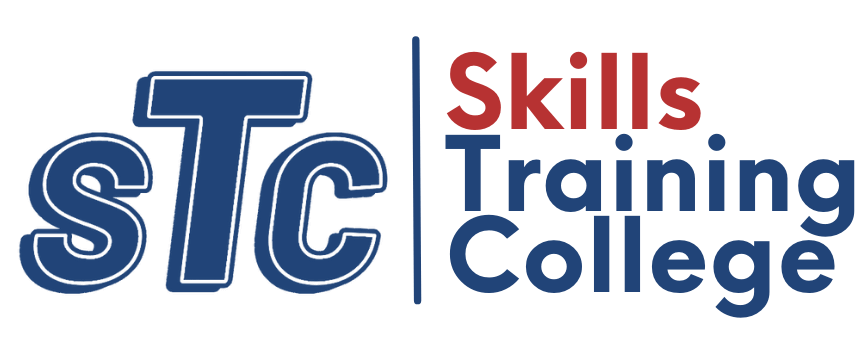Often, yes. However, the difficulty of disability support work varies based on an individual’s skills, experience, and the specific needs of the clients. Providing direct client care through established person-centred behaviour often requires patience, empathy, and the ability to provide physical and emotional support.
The work may involve assisting clients with daily activities, implementing care plans, helping support community participation, and promoting independence for people with disabilities. Additionally, the role may require flexibility and the capacity to handle challenging behaviors.
This kind of work is not for everyone. However, for someone truly empathetic and willing to make sacrifices, it is equally rewarding.
